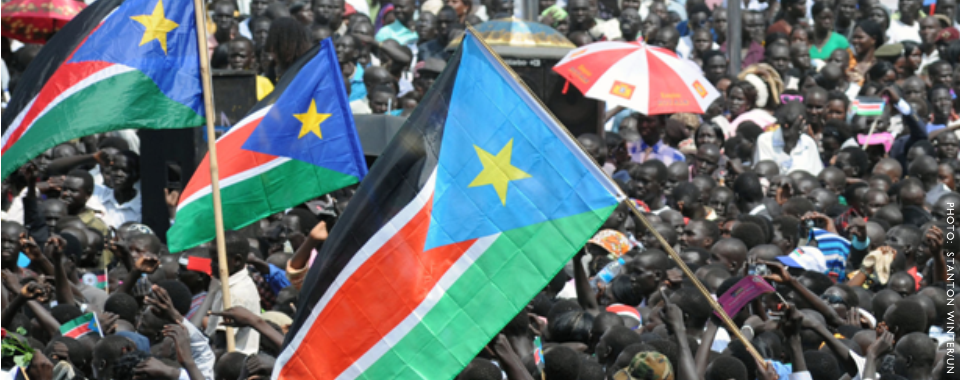BY PATRICIA TAFT It took three years, a slide from growing dysfunction to rapid escalation in violence, and more than a fair share of international hand-wringing to arrive at this place: South Sudan is the world’s most fragile state. What occurred in the twelve months since the last Fragile States Index — when the world’s […]
Category Archives: People
Fragile States Index 2014: The Book
- 24 June 2014

BY J.J. MESSNER, NATE HAKEN, KRISTA HENDRY, PATRICIA TAFT, KENDALL LAWRENCE, LAURA BRISARD, FELIPE UMANA The Fragile States Index, produced by The Fund for Peace, is a critical tool in highlighting not only the normal pressures that all states experience, but also in identifying when those pressures are pushing a state towards the brink of […]
From Failed to Fragile: Renaming the Index
- 24 June 2014
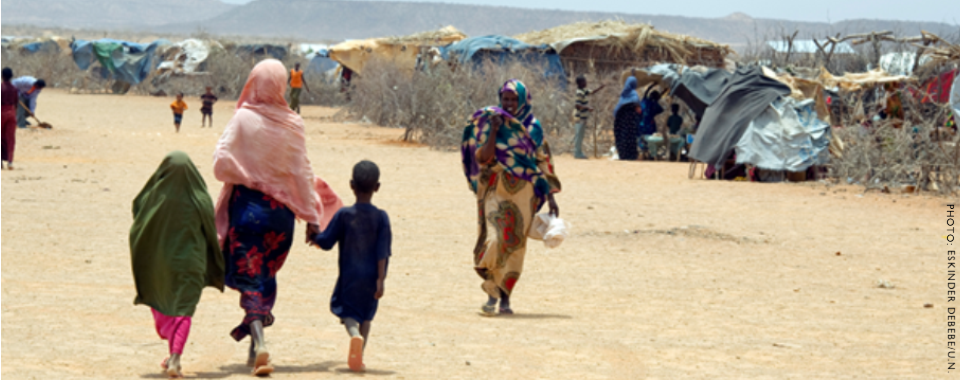
BY KRISTA HENDRY Fragile States Index 2014 When the Failed States Index (FSI) was first published in 2005, the use of the term ‘”failed state” was designed to highlight and draw attention to the very real risk that people faced if their state failed to address the factors and conditions that we were measuring. While […]
It Takes a Generation: West African Success Stories
- 24 June 2014
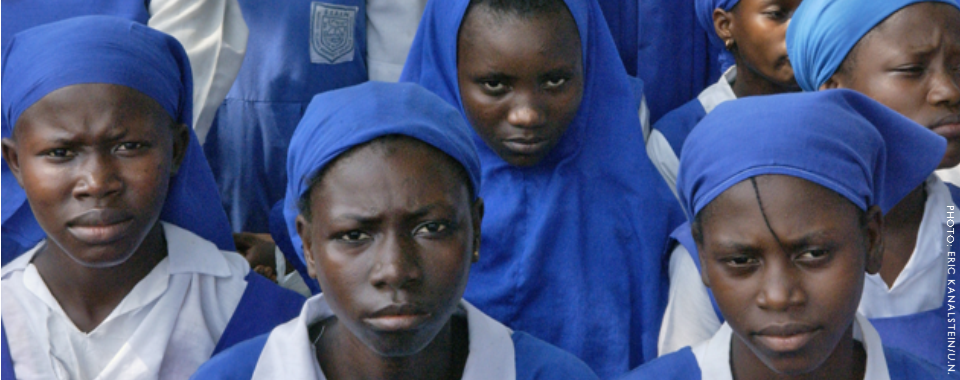
BY NATE HAKEN Many truisms about peace-building incline towards pessimism. There is a “vicious cycle,” a “conflict trap,” “unintended consequences,” the problem of “political will,” and a slew of transnational “exogenous pressures” beyond the sphere of anyone’s control. Certainly, the Fragile States Index (FSI) is often perceived as a buffet of bad news stories and […]
Conflict Bulletin: Borno State – May 2014
- 07 May 2014
BY PATRICIA TAFT AND NATE HAKEN Borno State, the location of the April 2014 abduction of nearly 300 school girls, is at the heart of what has been called the “Boko Haram” insurgency. The insurgency, perpetrated by a militant group called Jamāʻat Ahl as-Sunnah lid-daʻwa wal-Jihād (JAS), began in 2009 as a mass uprising against […]
Human Rights & Business Roundtable Annual Report 2013
- 13 January 2014
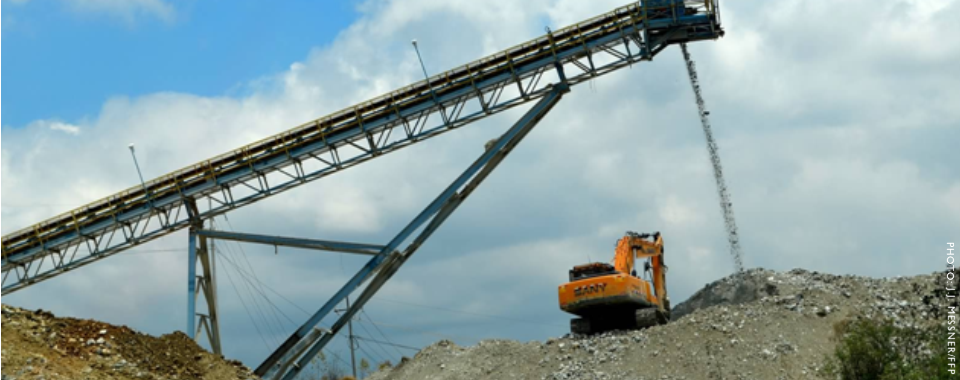
BY J.J. MESSNER* The mission of The Human Rights & Business Roundtable is to promote the rule of law and open societies. Launched in 1996, the Roundtable was the first forum designed for multinational businesses and mainstream human rights organizations to discuss issues of common concern in an atmosphere of mutual respect, trust, and confidentiality.
Conflict Bulletin: Adamawa State – January 2014
- 10 January 2014
BY PATRICIA TAFT* Formed in 1991, Adamawa is one of the largest states in Nigeria. Located in the country’s northeast, it borders Cameroon to the east, Borno state to the north, Gombe state to the west, and Taraba state to the south. Its position makes it a key corridor between Borno, a hub of Boko […]
Briefing: Japan’s Nuclear Disaster Continues to Unfold
- 11 December 2013
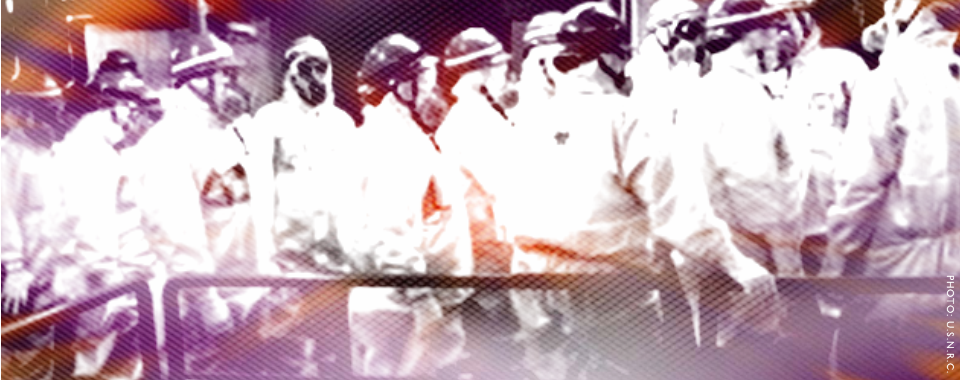
BY JACOB GRUNBERGER On Friday March 11, 2011 at 2:45 pm JST, an earthquake registered as a 9.0 on the Richter Scale occurred near the east coast of Honshu, Japan. The earthquake was comparable in its magnitude to the earthquake that hit Sumatra in 2004, roughly the equivalent of 23,000 Nagasaki bombs being simultaneously detonated. […]
Conflict Bulletin: Edo State – November 2013
- 14 November 2013
BY NATE HAKEN Conflict Bulletin: Edo State – November 2013 Edo state is in the south of Nigeria, located next to Delta and Ondo states in the Niger Delta region. It has a total population of about 3.2 million people, according to current estimates. The primary ethnic groups are the Edos, Bini, Owan, Esan, and […]
Briefing: Ensuring Compliance in Syria
- 25 October 2013
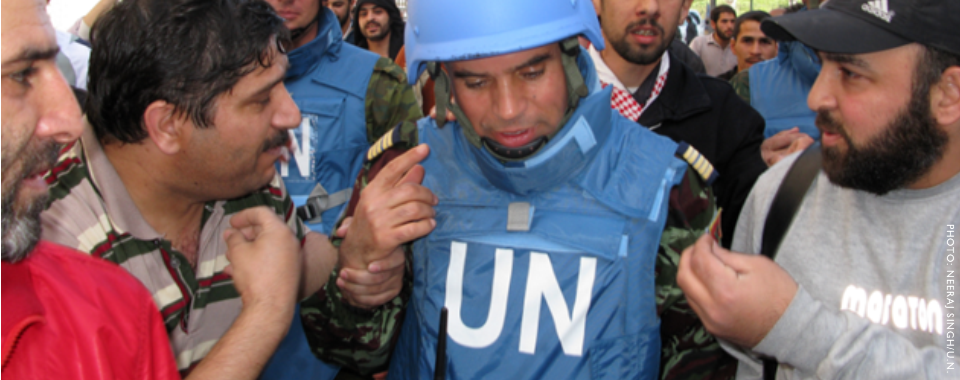
BY JACOB GRUNBERGER The details of the destruction of the Syrian government’s one thousand tons of chemical agents are still being finalized by the United States, Russia, and the Organisation for the Prohibition of Chemical Weapons (OPCW), the implementing body of the 1997 Chemical Weapons Convention (CWC). In addition to the negotiations, however, another question […]
